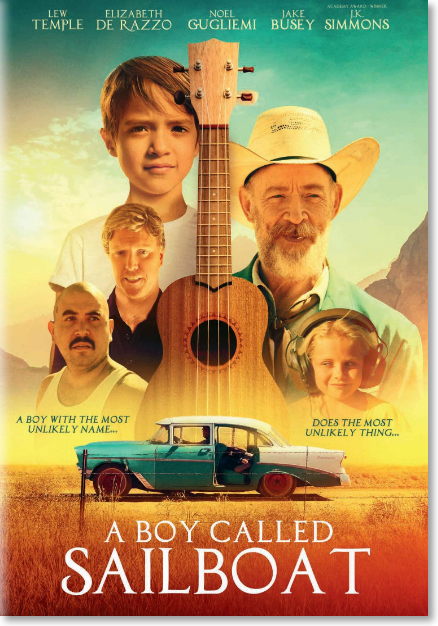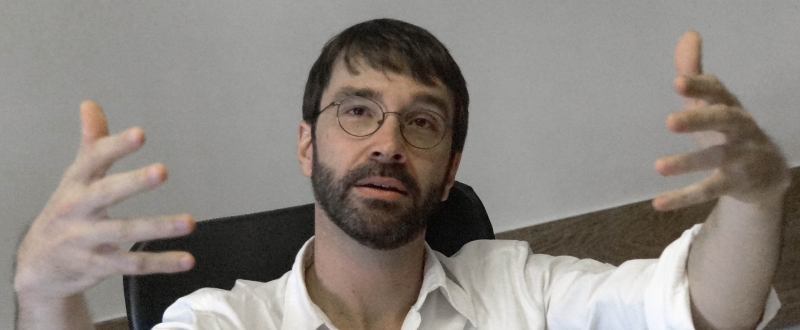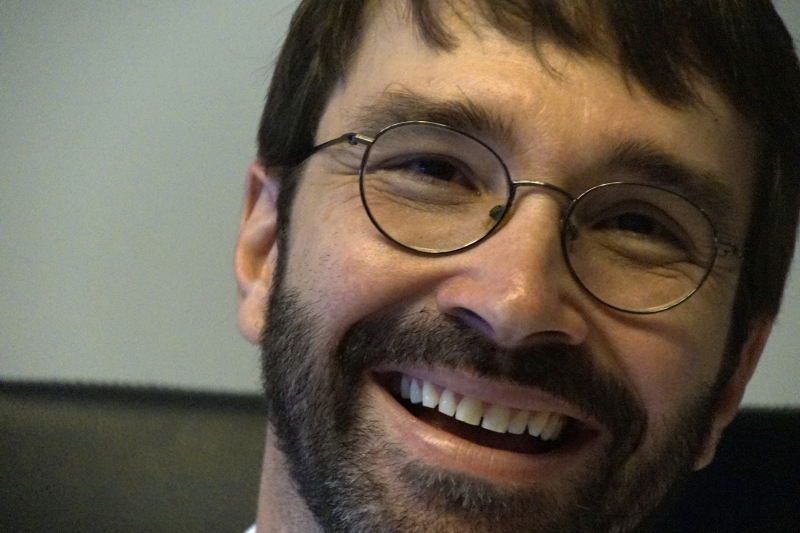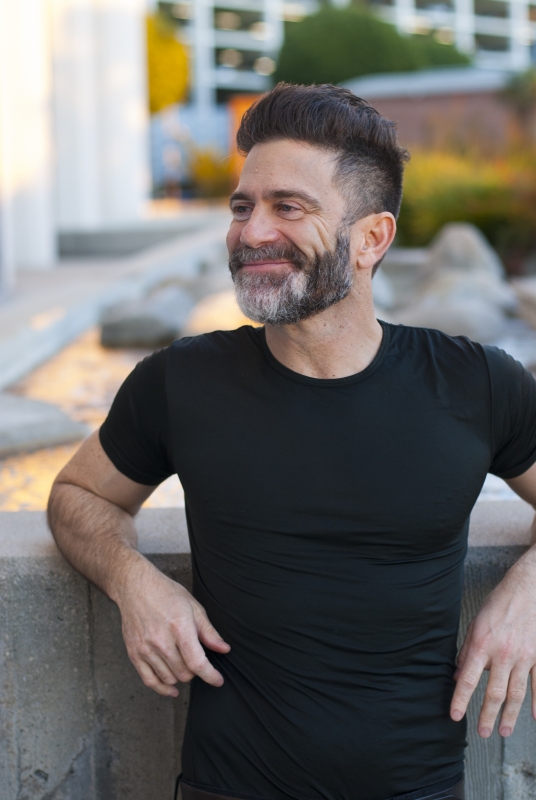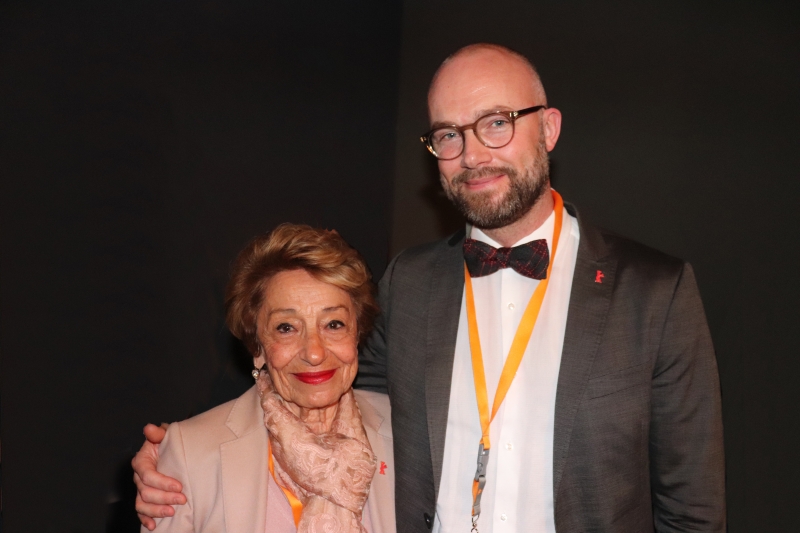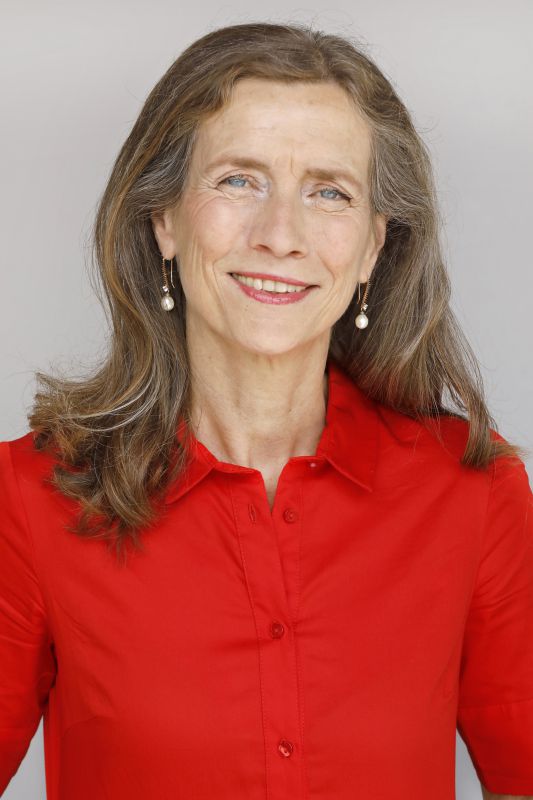|
|
||
|
Pro Tools
FILMFESTIVALS | 24/7 world wide coverageWelcome ! Enjoy the best of both worlds: Film & Festival News, exploring the best of the film festivals community. Launched in 1995, relentlessly connecting films to festivals, documenting and promoting festivals worldwide. Working on an upgrade soon. For collaboration, editorial contributions, or publicity, please send us an email here. User login |
Controversial Persian film package is follow up to Berlin 62
by Alex Deleon The Babylon located just west of Alexander Platz in what used to be Communist East Berlin, is one of the oldest movie theaters in Berlin and is now a protected architectural monument. It is also one of the regular Berlin film festival venues used mostly for special screenings. This series entitled "Iran Cinema Kontrovers" was presented by an entity known as the 'Persian Culture Forum' which is actually the brain child of a pair of young people with a special interest in Iran and in improving lines of communication between Iran and the western world. Shehrezad Najmabadi and Max Hoerner, a German who has visited Iran many times. According to Shehrezad, who was born in Tehran but raised here in Berlin, the goal in mind was to introduce films not of the "arty" variety that are canonized in film festivals (Kiarostami, et al) but rather a selection of "normal" films popular back home which reflect average Iranian tastes and interests. Since religion plays a much larger role in daily Iranian life than here in Germany two of the four films (Solomon, and Holy Maria) were of explicit religious context -- embacing a kind of "crossover" (if you will...) with Christianity. One was a secular tale set in the Iranian here and now (So Near, Yet so Far) and one, 'The Watery Silk Road' was, of all things, a sea-faring picture replete with pirates and primitive savages (who all speak perfect Persian) set back in days of yore when Persia was first seeking to establish trade with China. Buckle your swashes for this one. There's also a bit of King Kong and the Queen of Siam in there ... The films were: Perhaps the biggest difference in the Islamic view is that Holy Mary had no husband, so there is no Joseph in the film. The audience appeared to be composed mostly of religious minded Iranian immigrants, predominantly women with properly scarf covered heads. In the Q&A which followed the film one of the few Germans in the audience asked about the absence of any reference to Joseph and was informed that in the orthodox Koranic telling of the tale no husband gets into the picture. Different strokes for different Belief Systems ... The actress who plays 'Meriam' (or Mary) in the film, Shabnam Gholani -- 22 at the time of filming -- was present for the post film discussion along with director Shahriar Bahrani. Ms. Gholani is now 34 but still looks almost as young --and pretty -- as she did in the movie. "The Kingdom of Solomon" (Molk-r Soleyman) is an Iranian religious/historical film of 2010 also directed by Shahriar Bahrani who made Saint Mary earlier. The Kingdom of Solomon was set to be released internationally on November 2010 after screening in Iran, but due to some technicalities its global release was delayed. The film tells the life story of Prophet Solomon, King of the Israelites. It is mostly based on the Islamic accounts of Solomon's prophetic life extracted from the Holy Qur'an but it also draws upon parallels found in some Jewish texts. "Rahe abi-ye Abrisham" (The Silk Road on the Sea)-- فیلم راه آبی ابریش The opening film on Sunday night, by far the best of the lot and the only one with a contemporary setting, was "Kheili Dour, Kheili Nazdik" (So Near and yet so Far), 2005,directed by Sayyed Reza Mir-Karimi. A middle-aged neurosurgeon (played by the charismatic actor Masoud Rayegany), comes back to Teheran on the eve of the Persian New Year after a long stay in the west to spend the holidays with his teenage son, an avid student of astronomy. You can see that he feels a little guilty about having spent so much time away from his family and he is bearing an expensive telescope as a gift for the estranged boy. He is received with great respect by his medical colleagues but soon finds out to his great dismay that his son is suffering from a terminal brain tumor. The doctor, now desperate to reach out to his neglected son, finds that the boy has gone off to a village in the desert to join a group carrying out astronomical observations, and has turned off his mobile phone. In these opening scenes we see modern high rise office buildings and freeways choked with traffic - modern Teheran looks a lot like Los Angeles, but now it becomes a road movie through the desert outback beyond the city.
When the doctor finally gets to the dusty village in the middle of a desert with other-worldly rock formations, he finds that his son has moved on to an abandoned mine where the observation of the heavens will be even better. From there he pushes on even further out into the desert only to run out of gas and is then beset by a raging sandstorm. Taking refuge inside the car he falls asleep and wakes up to find himself buried alive in his own Mercedes. This last section of the film is truly agonizing, almost unbearable. From a picture of galaxies in an astronomy book we get the title of the film - these galaxies are so far away yet they are close compared to others. The repentant father is now so close to rejoining his dying son, but ... Just when all hope seems lost a thump is heard from above, the sand is pushed away and a hand comes in through the sunroof of the car. We hear the boys voice -"father!" -and father's faltering hand reaches up to make a finger to finger contact obviously meant to recall the famous image of Michelangelo's God reaching down to Adam.
"Separation" director Ashghad Farhadi was on the Berlin Jury here last week and significantly presented the Jury Prize Silver Bear to Hungarian director Bence Fliegauf at the closing ceremony on Sunday.
24.02.2012 | Berlin's blog Cat. : actor actress Adam Alexander Platz Ashghad Farhadi Asia Belief Systems Bence Fliegauf Berlin Berlin Film Festival cellular telephone central Asia China Cinema of Iran Director director /writer Employment Relation engineer Entertainment Entertainment Europe Films Germany God Holy Maria Indian Ocean Iran Iran Iranian cinema Kheili Dour, Kheili Nazdik King King of the Israelites Los Angeles Marco Polo Maritime Silk Road Masoud Rayegany Max Hoerner Mecca Mercedes Meriam model neurosurgeon Oscar paint Persian Culture Forum Persian people Person Attributes Person Career Person Location Prophet Solomon Queen Religion Religion Reza Mir-Karimi Rosa Luxemburg Square Sailor Saint Mary Separation Seyyed Reza Mir-Karimi Shabnam Gholani Shahriar Bahrani Shehrezad Najmabadi Soleiman Siraf Technology Technology Téhéran Tehran The Kingdom of Solomon the Oscars writer /producer FILM
|
LinksThe Bulletin Board > The Bulletin Board Blog Following News Interview with EFM (Berlin) Director
Interview with IFTA Chairman (AFM)
Interview with Cannes Marche du Film Director
Filmfestivals.com dailies live coverage from > Live from India
Useful links for the indies: > Big files transfer
+ SUBSCRIBE to the weekly Newsletter Deals+ Special offers and discounts from filmfestivals.com Selected fun offers
> Bonus Casino
User imagesAbout Berlin Chatelin Bruno Chatelin Bruno
Berlin 2019: The dailies from the Berlin Film Festival brought to you by our team of festival ambassadors. Vanessa McMahon, Alex Deleon, Laurie Gordon, Lindsay Bellinger and Bruno Chatelin...
|


















